Content Menu
● The Composition of Green Tea Extract
● The Caffeine Factor
● The L-theanine Paradox
● Scientific Studies on Green Tea and Sleep
● Factors Influencing the Impact of Green Tea Extract on Sleep
● Potential Benefits of Green Tea Extract
● Mitigating the Risk of Insomnia
● Conclusion
● Questions and Answers
Green tea, derived from the leaves of Camellia sinensis, has been consumed for thousands of years and is renowned for its numerous health benefits. In recent years, green tea extract has gained popularity as a dietary supplement, promising a concentrated dose of the tea's beneficial compounds. However, as with any supplement, it's essential to consider potential side effects, including its impact on sleep. This article will explore the relationship between green tea extract and insomnia, delving into the scientific research and providing a comprehensive understanding of this complex topic.
The Composition of Green Tea Extract
Before we dive into the potential sleep-disrupting effects of green tea extract, it's crucial to understand its composition. Green tea extract is a concentrated form of the bioactive compounds found in green tea leaves. The primary components include:
1. Catechins: These are powerful antioxidants, with epigallocatechin gallate (EGCG) being the most abundant and well-studied.
2. Caffeine: Although present in lower amounts than in coffee, green tea still contains a significant amount of this stimulant.
3. L-theanine: An amino acid known for its relaxing properties.
4. Other polyphenols and flavonoids: These contribute to the overall health benefits of green tea.
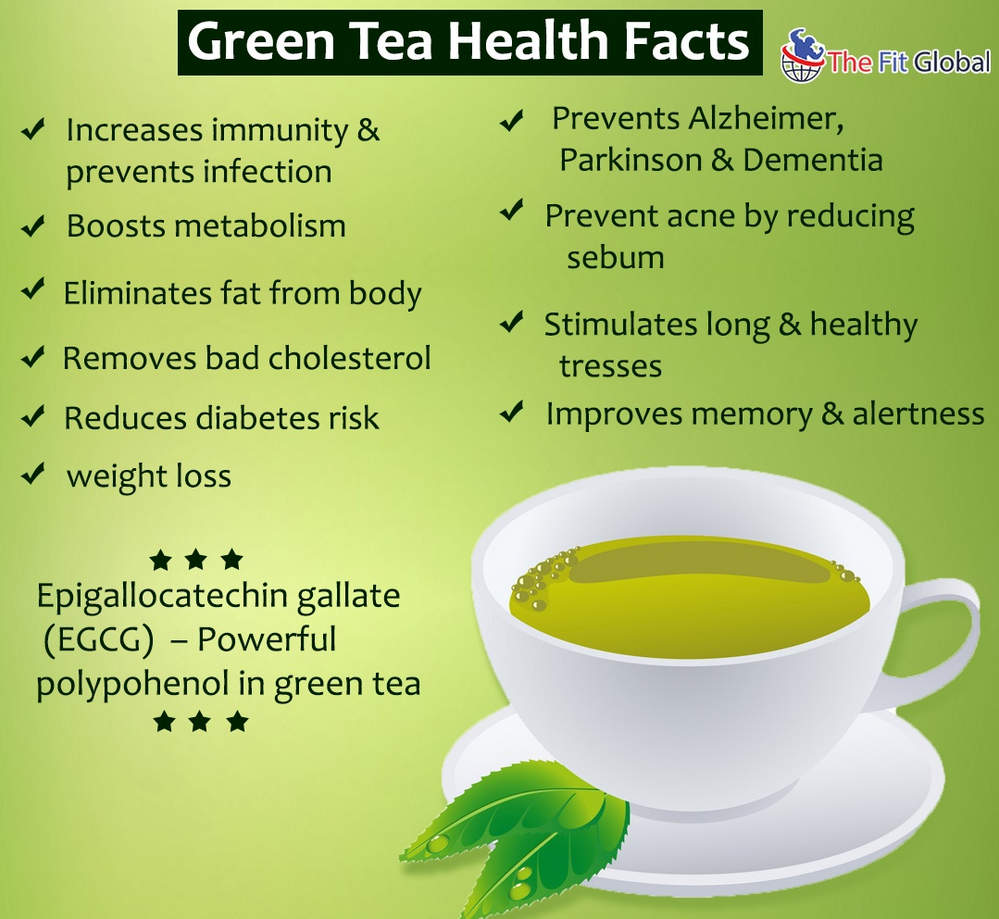
The Caffeine Factor
When considering the potential for green tea extract to cause insomnia, the most obvious culprit is caffeine. Caffeine is a well-known stimulant that can interfere with sleep patterns, especially when consumed in large quantities or close to bedtime. While green tea generally contains less caffeine than coffee, the concentrated nature of green tea extract can lead to higher caffeine intake than one might expect from drinking a cup of tea.
Caffeine works by blocking adenosine receptors in the brain. Adenosine is a neurotransmitter that builds up throughout the day and makes us feel sleepy. By preventing adenosine from binding to its receptors, caffeine keeps us alert and can delay the onset of sleep. The effects of caffeine can last for several hours, which is why consuming caffeinated beverages or supplements late in the day can lead to difficulty falling asleep.
It's worth noting that individual sensitivity to caffeine varies greatly. Some people may experience sleep disturbances from even small amounts of caffeine, while others can consume caffeine late in the day without any noticeable impact on their sleep.
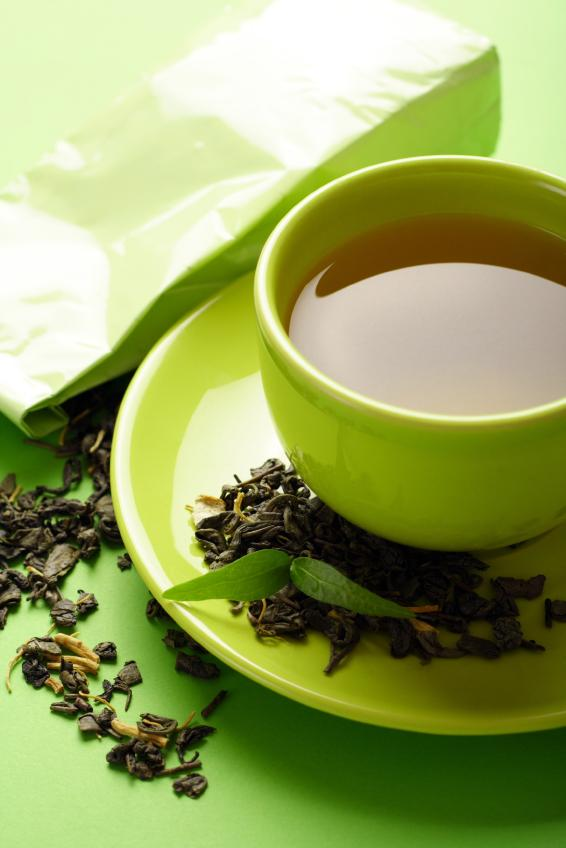
The L-theanine Paradox
Interestingly, green tea also contains L-theanine, an amino acid that has been shown to have relaxing effects on the brain. L-theanine can promote relaxation without causing drowsiness and has been found to improve sleep quality in some studies. This creates a unique situation where green tea extract contains both stimulating (caffeine) and relaxing (L-theanine) compounds.
The interaction between caffeine and L-theanine in green tea extract is complex. Some research suggests that L-theanine can help mitigate the stimulating effects of caffeine, potentially reducing the likelihood of insomnia. However, the balance between these two compounds can vary depending on the specific green tea extract product and how it's processed.
Scientific Studies on Green Tea and Sleep
Several studies have investigated the effects of green tea and its components on sleep. One study published in the journal "Nutrients" examined the effects of low-caffeine green tea on stress and sleep quality in middle-aged individuals. The researchers found that participants who consumed low-caffeine green tea experienced reduced stress and improved sleep quality compared to those who drank standard green tea. This suggests that the caffeine content in green tea plays a significant role in its potential to disrupt sleep.
Another study focused on the effects of L-theanine on sleep quality. The researchers found that L-theanine supplementation improved sleep quality in boys with attention deficit hyperactivity disorder (ADHD). This highlights the potential sleep-promoting effects of L-theanine, which is present in green tea extract.
However, it's important to note that most studies on green tea and sleep have focused on the beverage itself rather than concentrated extracts. The effects of green tea extract on sleep may differ due to its higher concentration of active compounds.
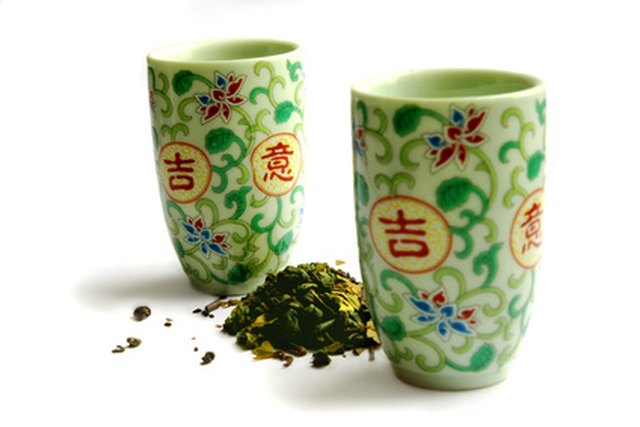
Factors Influencing the Impact of Green Tea Extract on Sleep
Several factors can influence whether green tea extract is likely to cause insomnia in an individual:
1. Dosage: Higher doses of green tea extract are more likely to contain enough caffeine to disrupt sleep.
2. Timing of consumption: Taking green tea extract later in the day increases the likelihood of sleep disturbances.
3. Individual caffeine sensitivity: Some people are more sensitive to the effects of caffeine than others.
4. Overall caffeine intake: The impact of green tea extract on sleep should be considered in the context of a person's total daily caffeine consumption.
5. Sleep hygiene: Poor sleep habits can exacerbate the potential sleep-disrupting effects of green tea extract.
6. Stress levels: High stress can make individuals more susceptible to the stimulating effects of caffeine.
Potential Benefits of Green Tea Extract
While the focus of this article is on the potential for green tea extract to cause insomnia, it's important to acknowledge the numerous health benefits associated with green tea consumption. These benefits include:
1. Antioxidant properties: The catechins in green tea, particularly EGCG, are powerful antioxidants that can protect cells from damage caused by free radicals.
2. Cognitive function: Some studies suggest that the combination of caffeine and L-theanine in green tea can improve cognitive performance, including attention and memory.
3. Weight management: Green tea extract has been associated with increased fat oxidation and may support weight loss efforts when combined with a healthy diet and exercise.
4. Cardiovascular health: Regular consumption of green tea has been linked to improved heart health, including lower risk of heart disease and stroke.
5. Neuroprotective effects: Some research suggests that green tea compounds may have protective effects against neurodegenerative diseases like Alzheimer's and Parkinson's.
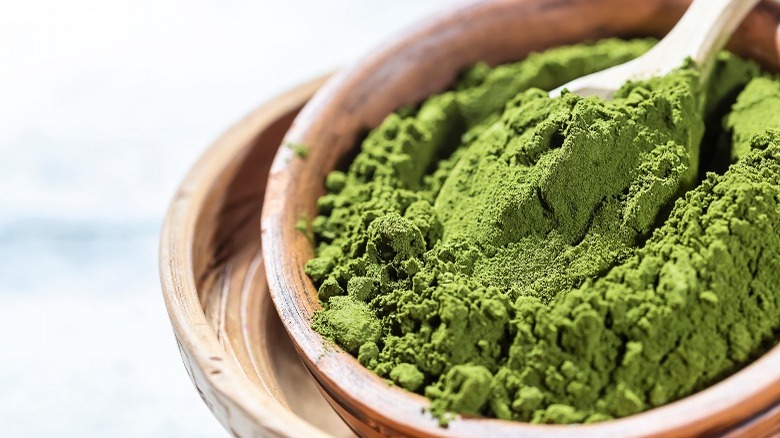
Mitigating the Risk of Insomnia
For those concerned about the potential sleep-disrupting effects of green tea extract but still interested in its benefits, there are several strategies to consider:
1. Choose low-caffeine or decaffeinated green tea extracts: These products maintain many of the beneficial compounds while reducing the risk of sleep disturbances.
2. Time your intake: Consume green tea extract earlier in the day to minimize its impact on sleep.
3. Start with a low dose: Begin with a smaller amount of green tea extract and gradually increase if needed, monitoring your sleep quality.
4. Consider L-theanine supplementation: Some people find that taking L-theanine separately can help promote relaxation and improve sleep quality.
5. Practice good sleep hygiene: Maintain a consistent sleep schedule, create a relaxing bedtime routine, and avoid screens before bed to support healthy sleep patterns.
6. Monitor your overall caffeine intake: Be aware of your total caffeine consumption from all sources, including green tea extract, and adjust as needed.
Conclusion
While green tea extract offers numerous potential health benefits, its impact on sleep is complex and can vary significantly between individuals. The caffeine content in green tea extract is the primary concern when it comes to potential sleep disruption. However, the presence of L-theanine may help mitigate some of these effects.
Ultimately, whether green tea extract causes insomnia depends on various factors, including dosage, timing of consumption, individual sensitivity to caffeine, and overall sleep habits. For those interested in incorporating green tea extract into their routine, it's essential to be mindful of these factors and to listen to your body's responses.
As with any dietary supplement, it's advisable to consult with a healthcare professional before adding green tea extract to your regimen, especially if you have existing sleep issues or are sensitive to caffeine. By taking a thoughtful and personalized approach, it's possible to enjoy the potential benefits of green tea extract while minimizing the risk of sleep disturbances.
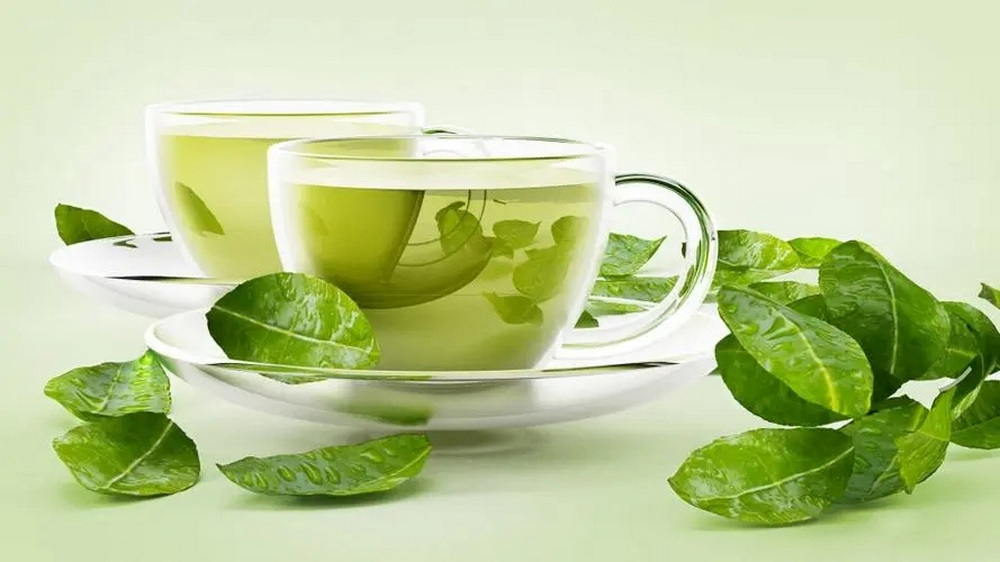
Questions and Answers
Q: How much caffeine is typically found in green tea extract?
A: The caffeine content in green tea extract can vary widely depending on the product and concentration. Generally, a single dose of green tea extract can contain anywhere from 20 to 200 mg of caffeine. It's important to check the label of the specific product you're using for accurate information.
Q: Can taking green tea extract in the morning still affect sleep at night?
A: While taking green tea extract in the morning is less likely to directly interfere with sleep, the half-life of caffeine (about 5-6 hours) means that some people may still experience effects later in the day. Individual sensitivity to caffeine plays a significant role in determining long-lasting effects.
Q: Are there any alternatives to green tea extract that offer similar benefits without the risk of insomnia?
A: Yes, there are several alternatives that may offer similar benefits:
◆ Decaffeinated green tea extract
◆ Herbal teas like chamomile or peppermint
◆ Other antioxidant-rich supplements like vitamin C or E
◆ Adaptogens like ashwagandha or rhodiola Always consult with a healthcare professional before starting any new supplement regimen.
Q: How long does it take for the body to adjust to the caffeine in green tea extract?
A: The time it takes to adjust to caffeine can vary from person to person. Some people may adapt within a few days, while others might take several weeks. If sleep disturbances persist after 2-3 weeks of regular use, it may be worth reconsidering the dosage or timing of green tea extract consumption.
Q: Can green tea extract actually improve sleep quality for some people?
A: Yes, some people may experience improved sleep quality from green tea extract, particularly due to its L-theanine content. L-theanine has been shown to promote relaxation and may help some individuals fall asleep more easily. However, this effect can be highly individual and may depend on factors such as caffeine sensitivity and the specific formulation of the green tea extract.
































